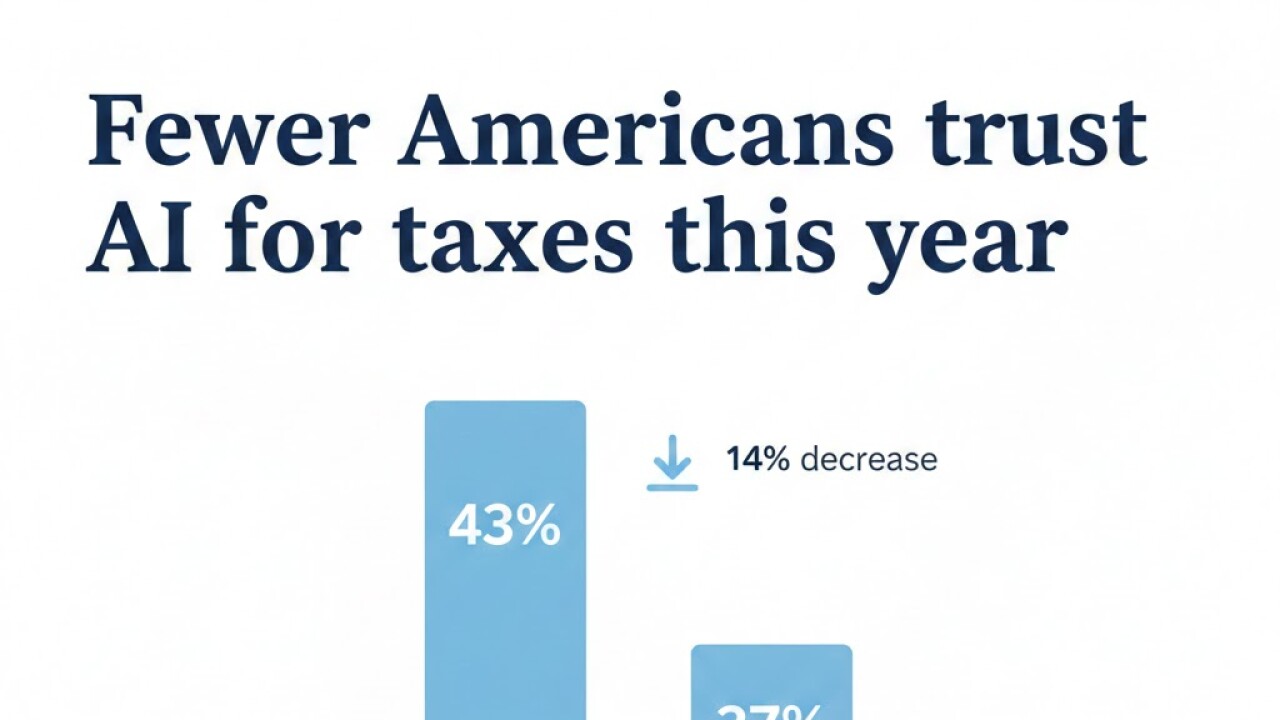One of the many problems the ongoing financial crisis has brought to light is the fact that generally accepted accounting principles do not necessarily give investors all the information they need to foresee the perils that a company faces. And though auditors have to certify that an entity is a "going concern," they do not have to note that the concern is going over a cliff.Eleanor Bloxham, chief executive officer of the Corporate Governance Alliance, a governance advisory concern, said that the problem lies in the failure of financial reports to report a crucial fact: a company's actual financial condition.
"You can't equate following accounting rules with providing information about financial condition," she explained. "Those terms are not equivalent."
Reporting financial condition isn't just a fanciful idea. It's the law. Section 302 of the Sarbanes-Oxley Act, "Corporate Responsibility for Financial Reports," requires that financial reports "fairly present in all material respects the financial condition and results of operations of the issuer."
It stands to reason, for example, that a bank that is heavily invested in subprime mortgages in a declining real estate market has not reported its financial condition unless it discloses the broad picture beyond the disclosures required by GAAP.
The issue surfaced again in a declaration issued in November by the G-20 Summit on Financial Markets and the World Economy. The declaration of intentions said, "We will strengthen financial market transparency, including by enhancing required disclosure on complex financial products and ensuring complete and accurate disclosure by firms of the financial conditions."
Rushing to respond to the credit crisis, the G-20 group is planning to put forth standards on various issues by March, including standards on financial reporting. Bloxham said that they are more likely to deliver a statement of general principles than detailed prescriptive rules. "There needs to be more guidance, and there also needs to be additional enforcement of this by the Public Company Accounting Oversight Board and the Securities and Exchange Commission," she said.
Bloxham envisions these guidelines emanating from the Public Company Accounting Oversight Board or the Securities Exchange Commission as part of the enforcement of Sarbanes-Oxley. She doesn't see guidelines on financial conditions being part of the existing regime of accounting standards.
Michael Young, a partner with the law firm of Willkie Farr & Gallagher who is active in accounting and governance issues, disagreed with the premise that reporting should tell investors and others everything they need to know to forecast future performance. He said that the main issue isn't financial condition as much as risk assessment.
"When we want to go in the direction of looking to the future and evaluating exposure to risk, that really takes us out of the domain of financial reporting and puts us in the domain of risk management," Young said. "Some are suggesting that that's where the focus should be directed, and that's an understandable point, and going forward we can probably expect boards of directors to be focused increasingly on risk assessment and risk management, but that change in focus takes us beyond the traditions of financial reporting and into a different area of business assessment."
Whether the issue is termed reporting risk assessment or reporting financial condition, Bloxham expects regulators to be making new demands on corporate boards. The PCAOB has recently cited critical deficiencies in parts of audits conducted by the eight largest accounting firms. Those parts are big: revenue, fair value, management estimates, determination of materiality, and audit scope.
Those demands on audit firms, Bloxham said, would be handed on to audit committees, which in turn would hand them on to corporate directors, officers and financial executives.
Bloxham rattled off a lengthy to-do list for all involved, including: enforcement agencies needing to innovate and to enforce the spirit of SOX; rating agencies needing to improve their analytics; institutional investors finding better ways to add real value to the investment process; audit firms having to improve their perceptions of materiality; audit committees needing to look for more vigilant auditors; and financial executives needing to provide more useful information.
"Just because you have a good audit opinion doesn't mean you had a good audit," Bloxham explained.
Young agreed that boardrooms have some work to do. "This volatile environment has presented great challenges for boards of directors and financial reporting systems, and in all likelihood will continue to do so," he said. "Those challenges include reporting systems that can fairly value some kinds of financial instruments in markets that may be inactive and exceedingly volatile."





